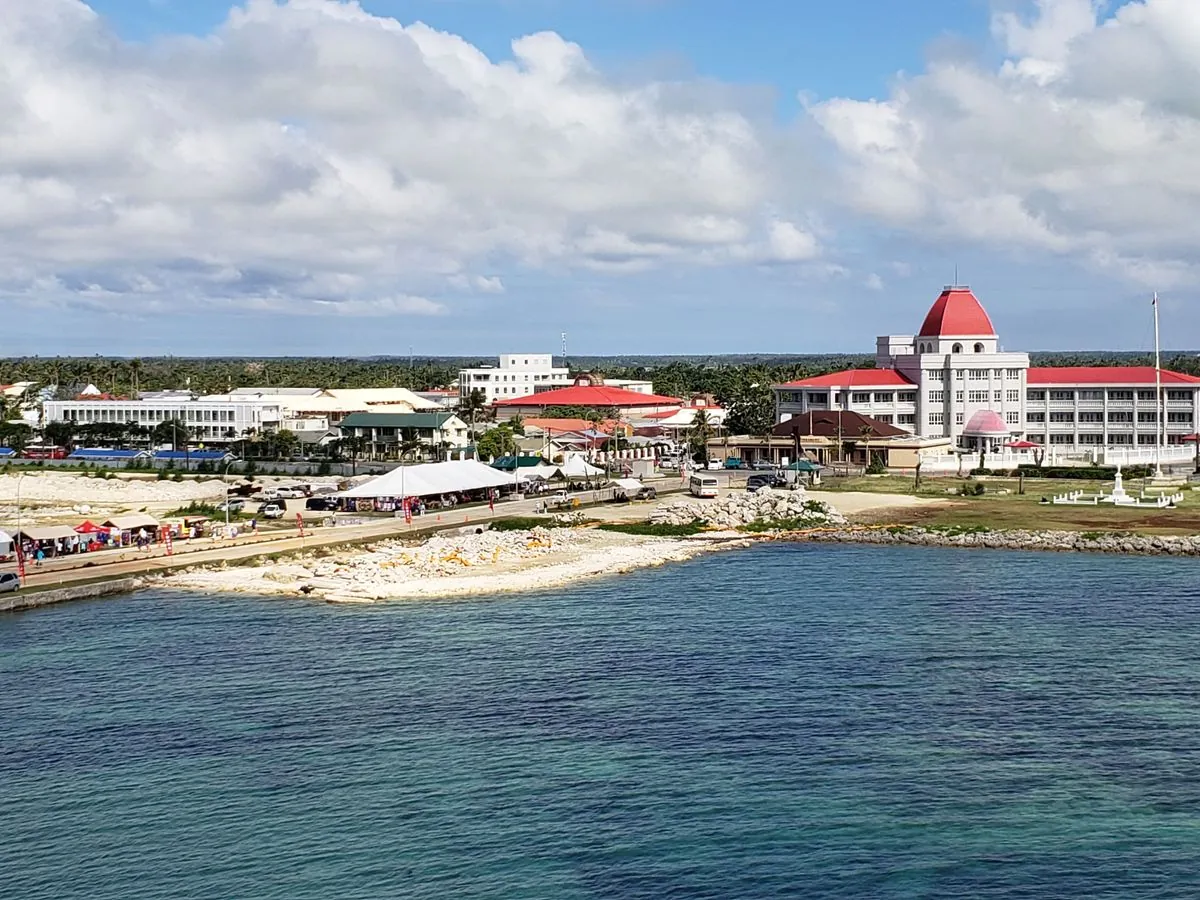Māori King Kiingi Tuheitia Dies at 69, Leaving Legacy of Cultural Unity
Kiingi Tuheitia, New Zealand's Māori King, passed away at 69 after 18 years on the throne. His death marks a significant loss for the Kiingitanga movement and Māori cultural preservation efforts.

Kiingi Tuheitia Pootatau Te Wherowhero VII, the seventh monarch of New Zealand's Kiingitanga movement, passed away on August 23, 2024, at the age of 69. His death occurred just days after celebrating 18 years on the throne, marking a significant loss for the Māori community and New Zealand as a whole.
The Kiingitanga movement, established in 1858, aimed to unite Māori tribes in response to British colonization. Its primary objectives included halting land sales to non-Indigenous people, ending inter-tribal conflicts, and preserving Māori culture. As the seventh monarch, Kiingi Tuheitia played a crucial role in continuing these efforts.
Rahui Papa, a spokesperson for the Kiingitanga, announced the king's passing on social media, stating that Tuheitia died in hospital following heart surgery. The news prompted an outpouring of tributes from various leaders and officials.
New Zealand Prime Minister Christopher Luxon, speaking from Nuku'alofa, Tonga, during a South Pacific leaders' summit, praised Tuheitia's dedication to his people and his efforts to uphold Kiingitanga values and traditions. Luxon highlighted the king's commitment to Aotearoa New Zealand, his passion for te ao Māori (Māori worldview), and his vision for a future of dignity and respect for all.

"I will remember his dedication to Aotearoa New Zealand, his commitment to mokopuna, his passion for te ao Māori, and his vision for a future where all people are treated with dignity and respect."
The Māori monarch, while largely ceremonial, holds a significant role in New Zealand, where Māori comprise nearly 20% of the population. In recent months, Tuheitia had been instrumental in coordinating national unity talks for Māori in response to government policies perceived as anti-Māori by critics.
King Charles III, New Zealand's constitutional head of state, expressed profound sadness at Tuheitia's passing. The British monarch acknowledged their long-standing relationship and Tuheitia's deep commitment to forging a strong future for Māori and Aotearoa New Zealand based on culture, traditions, and healing.
The death of Kiingi Tuheitia comes at a time of ongoing debates about policies favoring Indigenous people and language in New Zealand. His legacy as a unifying figure and advocate for Māori rights and cultural preservation will undoubtedly continue to influence these discussions.
As the Kiingitanga movement mourns the loss of its seventh monarch, the focus now turns to the future of Māori leadership and the continued efforts to maintain the delicate balance between preserving Indigenous culture and navigating the complexities of modern New Zealand society.


































